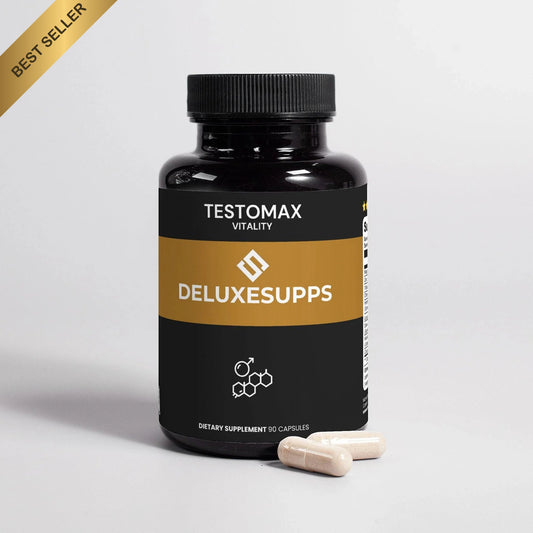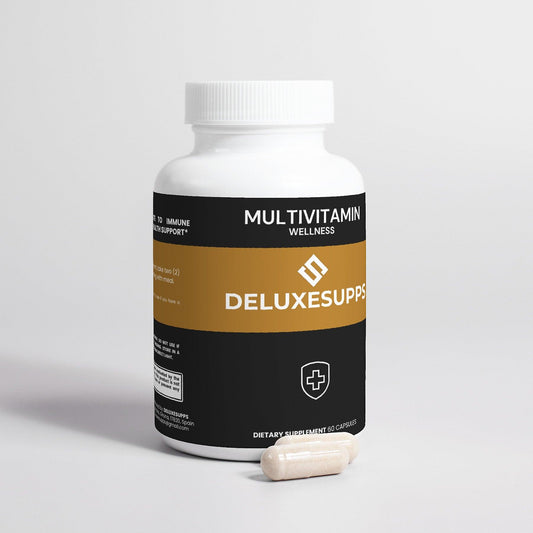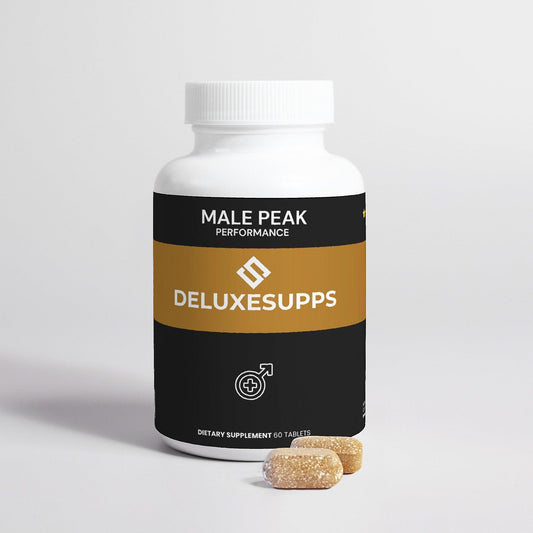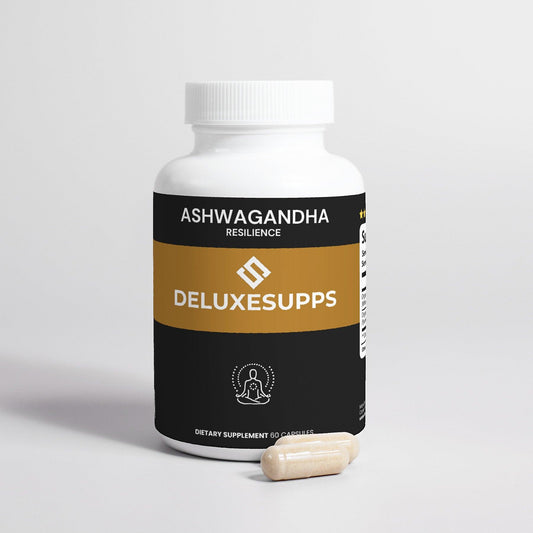
As an essential mineral involved in over 300 biochemical reactions, magnesium plays a critical role in muscle contraction, relaxation, and nerve function. This article explores how magnesium helps relieve cramps, the science behind it, and how to supplement effectively.
Muscle cramps can be sudden, painful, and disruptive whether they strike in the middle of a workout or wake you up at night. While hydration and stretching play key roles in muscle health, one of the most overlooked remedies is magnesium for muscle cramps.
What Are Muscle Cramps?
Muscle cramps are involuntary, often painful contractions that can affect any muscle group commonly the calves, thighs, feet, and hands. These cramps may last a few seconds or persist for several minutes and can stem from a variety of causes.
Common Triggers:
- Dehydration
- Electrolyte imbalances
- Overuse or fatigue
- Poor circulation
- Nutrient deficiencies (especially magnesium, potassium, and calcium)
For many, magnesium deficiency is a silent contributor especially in those who exercise frequently, experience chronic stress, or follow low-mineral diets.
Why Magnesium Matters for Muscle Function
Magnesium is essential for proper muscle contraction and relaxation. It works in tandem with calcium to regulate nerve impulses and ensure smooth muscular movement.
Without enough magnesium, muscles can become hyper-excitable and more prone to spasms and cramps.
Scientific Evidence: Magnesium for Muscle Cramps
Several studies have explored magnesium’s role in preventing and relieving cramps, with encouraging findings—particularly in specific populations like athletes, older adults, and pregnant women.
- A 2012 study published in Magnesium Research found that magnesium supplementation significantly reduced the frequency and severity of leg cramps during pregnancy source.
- Another randomized controlled trial in The American Journal of Obstetrics and Gynecology noted improvements in nighttime leg cramps in magnesium-deficient individuals who received oral magnesium source.
While some studies show mixed results in the general population, those with low magnesium levels or high muscular demands tend to benefit most from supplementation.
Signs You Might Be Low in Magnesium
Magnesium deficiency is surprisingly common. Up to 50% of people in the U.S. may not meet daily intake recommendations.
Symptoms Include:
- Frequent muscle cramps or spasms
- Restless legs at night
- Fatigue or weakness
- Tingling or numbness
- Mood disturbances
- Irregular heartbeat
If you experience any of these regularly—especially muscle cramps—magnesium might be the missing piece.
Best Forms of Magnesium for Muscle Cramps
Not all magnesium supplements are created equal. Some are poorly absorbed or cause digestive distress.
Top Options:
- – Highly bioavailable and gentle on the stomach; ideal for cramp relief and sleep support.
- – Better absorbed than oxide but may cause loose stools in higher doses.
- – Useful for those with fatigue and muscle pain.
We recommend DeluxeSupps Magnesium Glycinate Supplement, which delivers a chelated form of magnesium with superior absorption and minimal GI upset.
How Much Magnesium Do You Need?
Daily Recommended Intake:
- Men: 400–420 mg/day
- Women: 310–320 mg/day
Active individuals, pregnant women, and older adults may need slightly more. For muscle cramp relief, dosages typically range from 200 to 400 mg daily, depending on individual needs.
Tip: Start low and gradually increase your dose to assess tolerance.
When and How to Take Magnesium for Muscle Cramps
Timing:
- Evening or before bed – Magnesium promotes muscle relaxation and can improve sleep quality.
- Post-workout – Helps replenish electrolytes and prevent cramping from muscle fatigue.
Format:
- Capsules/Tablets – Most convenient for daily use
- Powders – Good for mixing into water or smoothies
- Topicals (e.g., magnesium oil) – May offer local relief for specific cramping areas
Combining Magnesium with Other Nutrients
Magnesium works best when paired with other supportive nutrients:
- Potassium – Helps regulate fluid balance and nerve signals
- Calcium – Needed alongside magnesium for muscular contraction
- Vitamin B6 – Enhances magnesium absorption and function
- Sodium – Important for hydration and electrolyte balance during intense activity
A well-rounded diet or multinutrient supplement may help maximize results.
Magnesium for Athletes and Active Lifestyles
Physical activity increases magnesium losses through sweat and urine. Athletes and those with high physical demands are particularly vulnerable to deficiency.
Supplementing with magnesium can:
- Reduce exercise-induced cramps
- Speed up muscle recovery
- Improve endurance
- Reduce cortisol and stress response after workouts
Regular users of DeluxeSupps Magnesium Glycinate often report better sleep, fewer nighttime cramps, and improved muscle recovery.
Magnesium for Nocturnal Leg Cramps
Nighttime leg cramps are common among older adults, pregnant women, and those with sedentary jobs or circulatory issues. These cramps can be intense enough to disturb sleep.
Magnesium helps relax nerve impulses and muscles, reducing the chance of spasms overnight. Several studies suggest that magnesium supplements can lessen both the frequency and duration of these nighttime cramps.
Magnesium During Pregnancy
Pregnant women are especially susceptible to muscle cramps due to increased nutrient demands and weight changes.
Clinical research shows that magnesium supplementation:
- Reduces leg cramps
- Supports fetal development
- Improves sleep and reduces anxiety
Always consult a healthcare provider before starting any supplement during pregnancy, but magnesium is widely considered safe and beneficial.
Potential Side Effects of Magnesium
Magnesium is generally safe when taken within the recommended range, but some may experience:
- Loose stools or digestive upset (more common with citrate or oxide forms)
- Drowsiness when taken in high doses
- Interactions with certain medications (e.g., diuretics, antibiotics)
Always speak with your doctor if you’re on prescription meds or have kidney conditions.
Frequently Asked Questions (FAQs)
How quickly does magnesium work for cramps?
Many people feel relief within a few days to 2 weeks of consistent use. However, the timeline may vary based on your deficiency level.
Can I get enough magnesium from food?
Foods like leafy greens, almonds, avocados, and legumes are great sources—but due to soil depletion and modern diets, many still fall short of daily needs.
Should I take magnesium every day?
Yes. Daily intake helps maintain muscle function, nervous system balance, and overall wellness. Consistency is key for results.
Conclusion: A Natural Solution That Works
If you're dealing with muscle cramps—whether from workouts, pregnancy, or simply nightly leg spasms—magnesium for muscle cramps is a safe, natural, and science-backed solution.
Unlike over-the-counter painkillers, magnesium targets the root cause: mineral deficiency and nerve overstimulation. With proper dosage and a quality supplement, you can regain comfort, mobility, and peace of mind.
Try Magnesium Glycinate for Proven Relief
Start your recovery with DeluxeSupps Magnesium Glycinate Supplement—a bioavailable formula designed to relax muscles, support nerve health, and help you sleep better.












